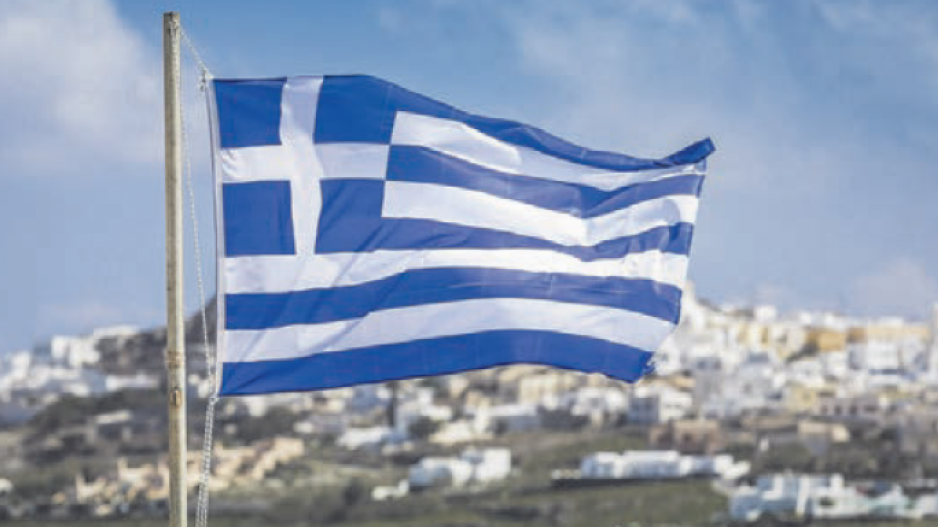By Constantine Passaris
The Ancient Greeks invented theatrical drama. Now, the Greeks of the 21st century have given birth to financial drama.
In the aftermath of the global financial crisis of 2008, Greece has emerged as the poster child of the economic catastrophe that gripped the most fiscally vulnerable and financially exposed countries. All of this has been well documented in Greece, in the form of soaring national unemployment, a shrinking economic gross domestic product, widespread business bankruptcies and a banking system on the brink of collapse and in constant need of financial recapitalization.
Indeed, the unrelenting five-year recession that Greece has lived through has also left in its wake a more personal face. Greeks have experienced firsthand the personal catastrophe of family bankruptcies, increased suicides as a result of financial ruin, a decline of human dignity that comes with chronic unemployment, psychological breakdowns, family breakups and the loss of personal hope that the economic situation will ever get better.
All of this economic malaise has resulted in a foreign-imposed austerity program that was a condition of the bailout financial assistance. The consequences of that austerity program have left the Greek economy in ruins and afflicted the most vulnerable in society in a disproportionate manner.
In particular, Greek seniors have seen their pensions cut by more than a third, taxes have increased significantly, youth unemployment rates have exceeded 50%, the brain drain as a result of massive emigrating is starting to create labour shortages and production bottlenecks, and the sick and infirm have had to pay significantly more for their medicine.
As if all of this were not enough, the current negotiations for a subsequent bailout have even more stringent and painful austerity measures attached to them. The future appears more dire and menacing than the past.
The major Canadian businesses operating in Greece are Eldorado Gold with a major mining enterprise in northern Greece, McCain Foods Canada of Florenceville, New Brunswick, with an extensive frozen food distribution network throughout Greece, and Fairfax Financial of Toronto, which has a significant investment in the Greek Eurobank. As a result of the current financial liquidity crisis, their operations can expect supply chain challenges, distribution hiccups and delayed payment of their invoices.
Greece has a small population of about 11 million. The Greek gross domestic product (GDP) is only 2% of the European Union (EU) GDP and a paltry 0.39% of the world GDP, underlining the fact that Greece needs international trade to generate jobs, incomes and economic growth. Indeed, in excess of 20% of its GDP comes from just one invisible export: tourism.
The Comprehensive Economic and Trade Agreement (CETA) between Canada and the EU promotes the free movement of goods, services, investment and labour. It also includes areas of economic engagement that have never been covered by previous international trade agreements, such as intellectual property and the opportunity to bid for government contracts.
As a member of the European Union, Greece is in a privileged position to take advantage of this remarkable economic opportunity. It is an economic lifeline for Greece to establish a foothold in North America. Indeed, CETA can provide Greece with a venue to enhance its economic relationship with Canada and North American Free Trade Agreement. CETA can contribute to expanding trade between the two countries, attracting foreign direct investment in Greece, creating new job opportunities and growing the Greek national economy.
In short, the contemporary economic profile of Greece requires a new economic plan, a reform of its financial governance architecture and a determined effort to attract foreign investment in order to create new employment opportunities that will turn the tide away from the current economic misery to a path of economic prosperity. •
Dr. Constantine Passaris is currently in Greece as a visiting professor at the International Writers’ Centre of Rhodes. He is also a professor of economics at the University of New Brunswick. This commentary is reprinted courtesy of Troy Media (www.troymedia.com).
To comment on this story, click here.




